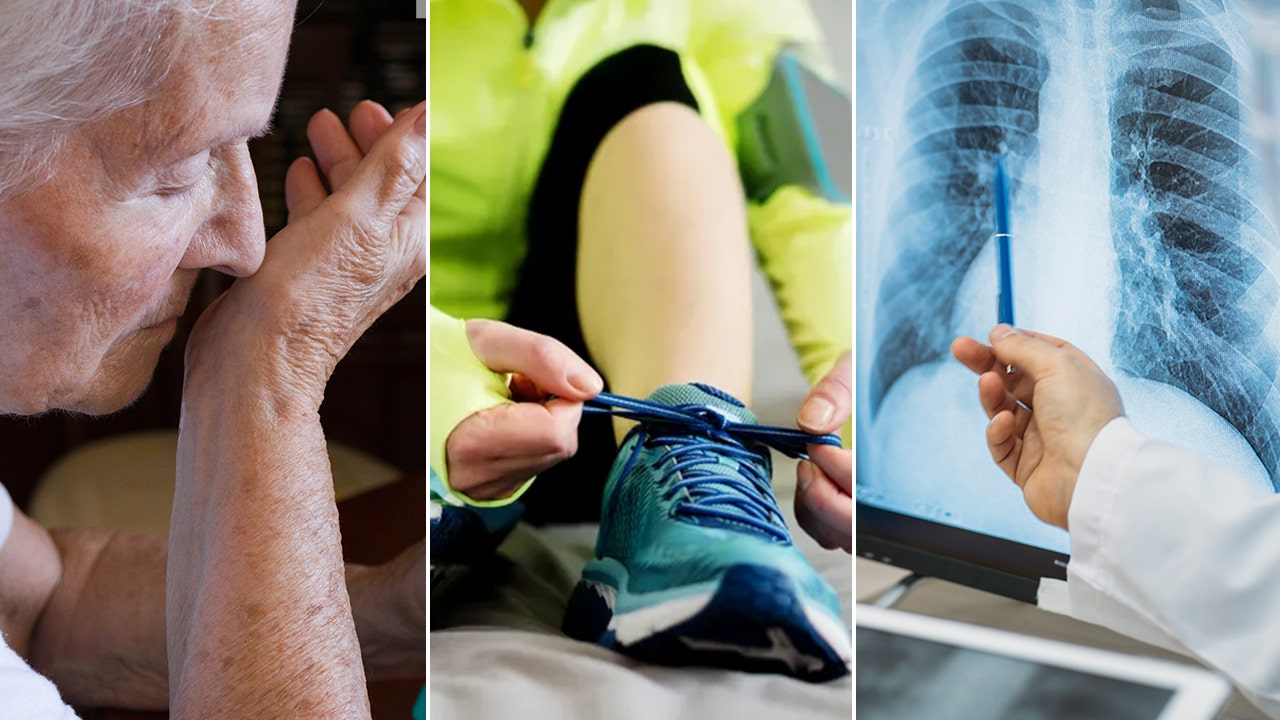Blood and urine tests can show how much junk food you actually consume

Blood and urine tests have been found to detect the amount of ultraprocessed foods (UPFs) a person eats, according to new research conducted by scientists at the National Institutes of Health (NIH). By utilizing machine learning, the researchers identified hundreds of metabolites (molecules produced during metabolism) that correlated with processed food intake. This groundbreaking study has led to the development of a “biomarker score” that can predict ultraprocessed food intake based on metabolite measurements in blood and urine, according to Erikka Loftfield, Ph.D., M.P.H., of the National Cancer Institute in Maryland.
The study initially drew baseline data from 718 older adults who provided urine and blood samples and reported their dietary habits over a 12-month period. Following this, a small clinical trial involving 20 adults was conducted. For two weeks, the participants consumed a diet high in ultraprocessed foods, and for another two weeks, they consumed a diet with no UPFs. The results of the study were published in the journal PLOS Medicine.
Large-scale studies investigating the health risks associated with ultraprocessed foods often rely on self-reported dietary questionnaires, which can be prone to errors. However, by using machine learning, the team was able to identify hundreds of metabolites that were correlated with processed food intake, leading to the development of an objective biomarker test.
Ultraprocessed foods are defined as “ready-to-eat or ready-to-heat, industrially manufactured products, typically high in calories and low in essential nutrients.” These foods have been linked to chronic diseases, obesity, and various forms of cancer.
While the results of the study are promising, the researchers emphasized the need for further validation before broader use. More research across various age groups and diets is necessary to assess the effectiveness of the new blood and urine test. Additionally, researchers believe that this method could potentially be used in future studies to link the consumption of processed foods with chronic diseases.
For individuals concerned about ultraprocessed food intake, Loftfield recommends using Nutrition Facts labels to avoid foods high in added sugars, saturated fat, and sodium. By making informed decisions about food choices, individuals can limit their UPF intake and align with scientific research on diet and health.
In conclusion, the development of a blood and urine test to measure ultraprocessed food intake represents a significant advancement in the field of nutrition research. By utilizing objective biomarkers, researchers can gain a better understanding of the impact of diet on overall health and potentially reduce the risks associated with consuming processed foods.




